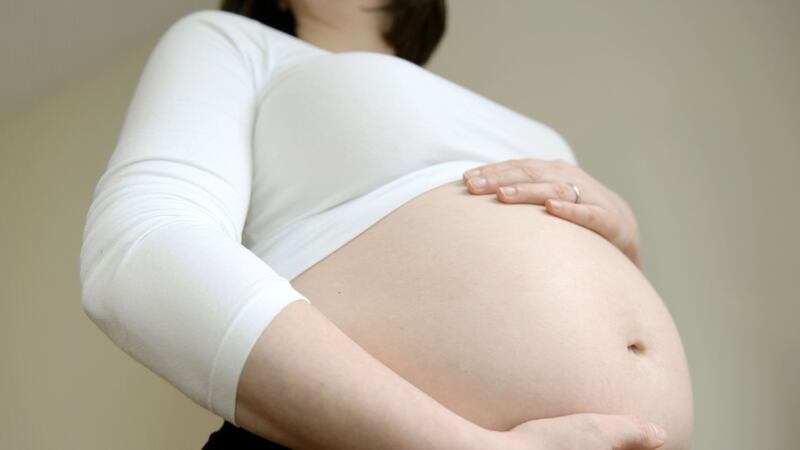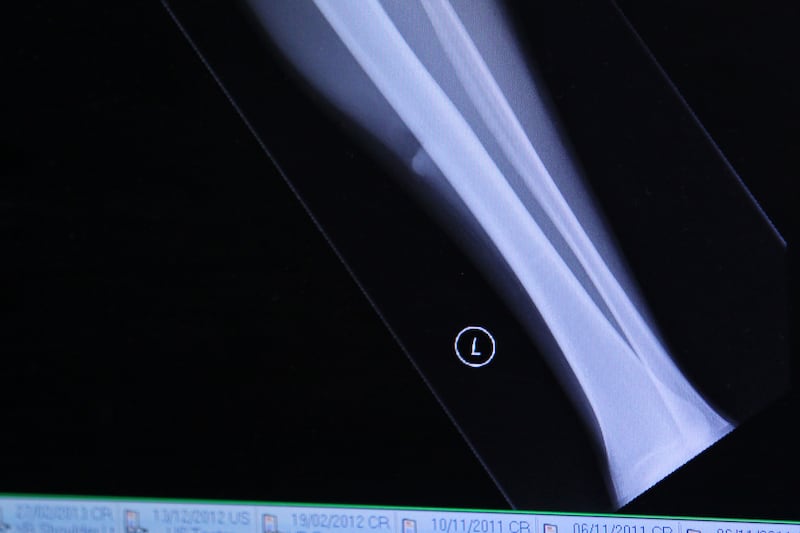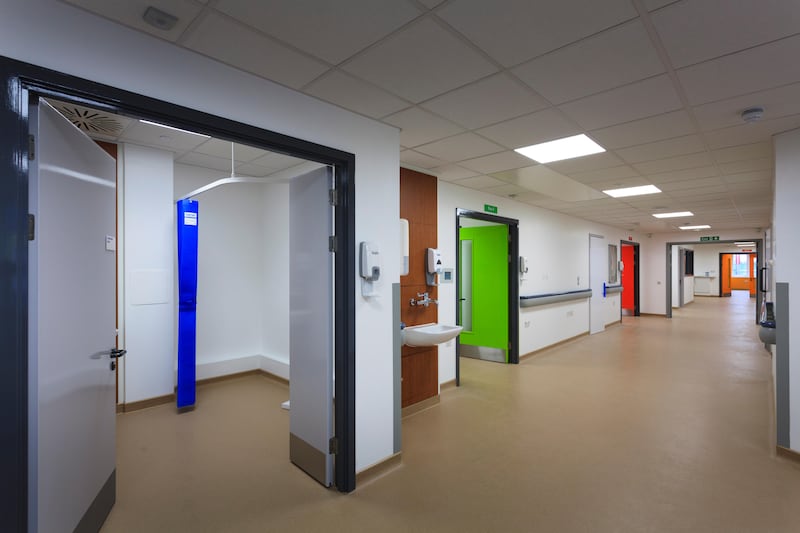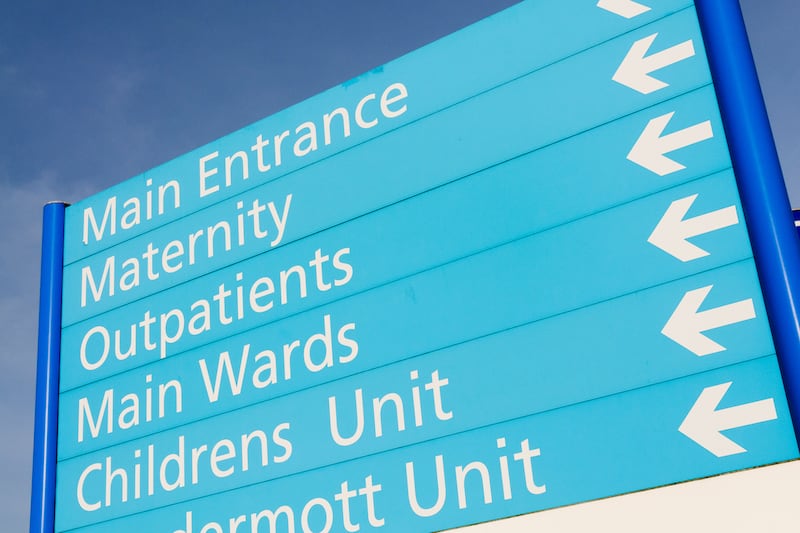Good quality sleep could help increase a woman’s chances of becoming pregnant, a study has said.
Researchers from the Hanabusa Women’s Clinic in Kobe, Japan, questioned 208 women who had undergone assisted reproductive technology treatment – which can include IVF – and found poor quality sleep had a negative impact on fertilisation rates.
Following the survey, which included questions on sleep duration, disturbances and use of sleeping medication, the trial participants were divided into three categories: no sleep difficulties, mild difficulties and severe difficulties.
The eggs of women who had no difficulty sleeping were around 20% more likely to be fertilised than those of women who slept badly, the research showed.
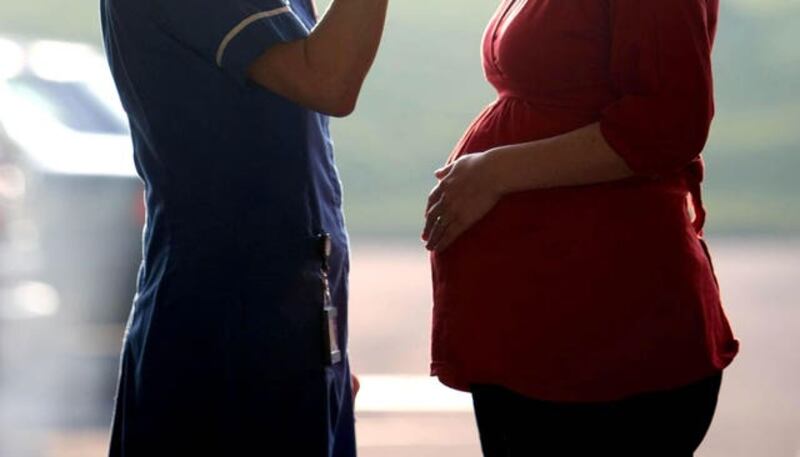
The scientists found that 67.1% of eggs from women who slept soundly were successfully fertilised in a laboratory, compared with 63.1% and 48.6% of those with mild and severe difficulties respectively.
The team concluded: “Good sleep patterns can be one of the important daily habits for patients to improve their response to fertility treatments and increase their chances of pregnancy.”
The study also showed occasional or moderate alcohol consumption had a positive impact on successful fertilisation.
The researchers said this may be due to alcohol’s effect on stress relief and sleep induction.
The results were published on the American Society for Reproductive Medicine’s website.
